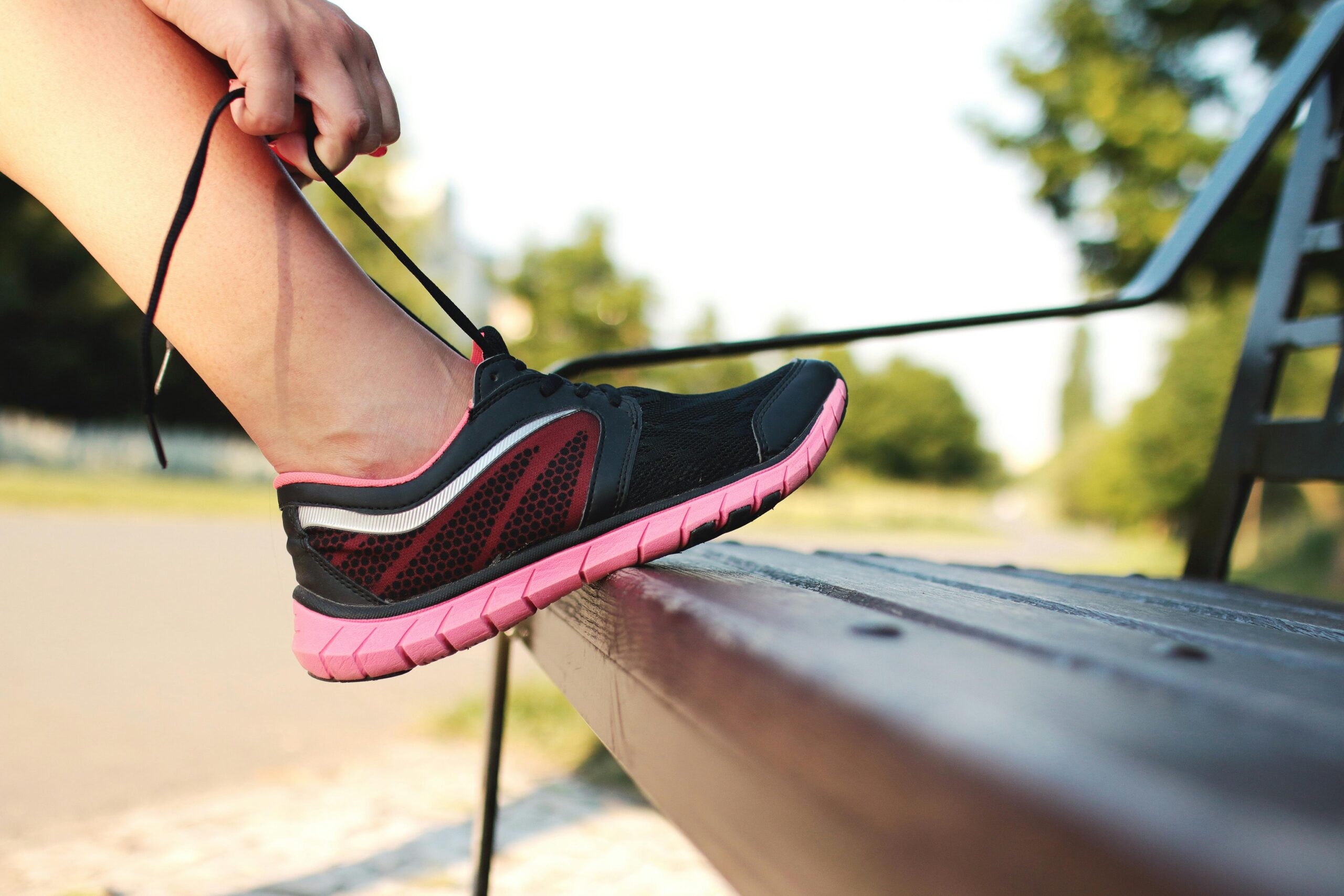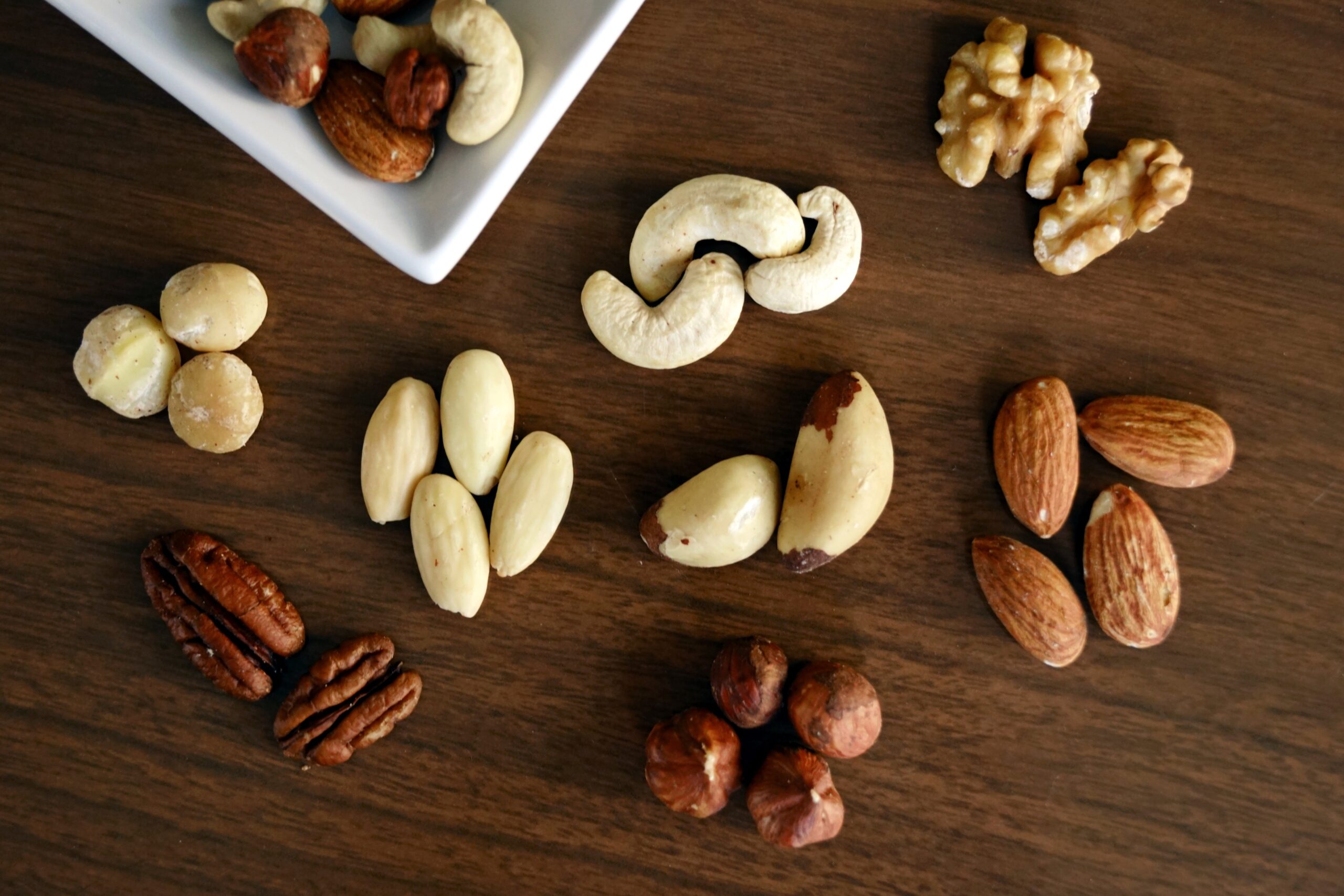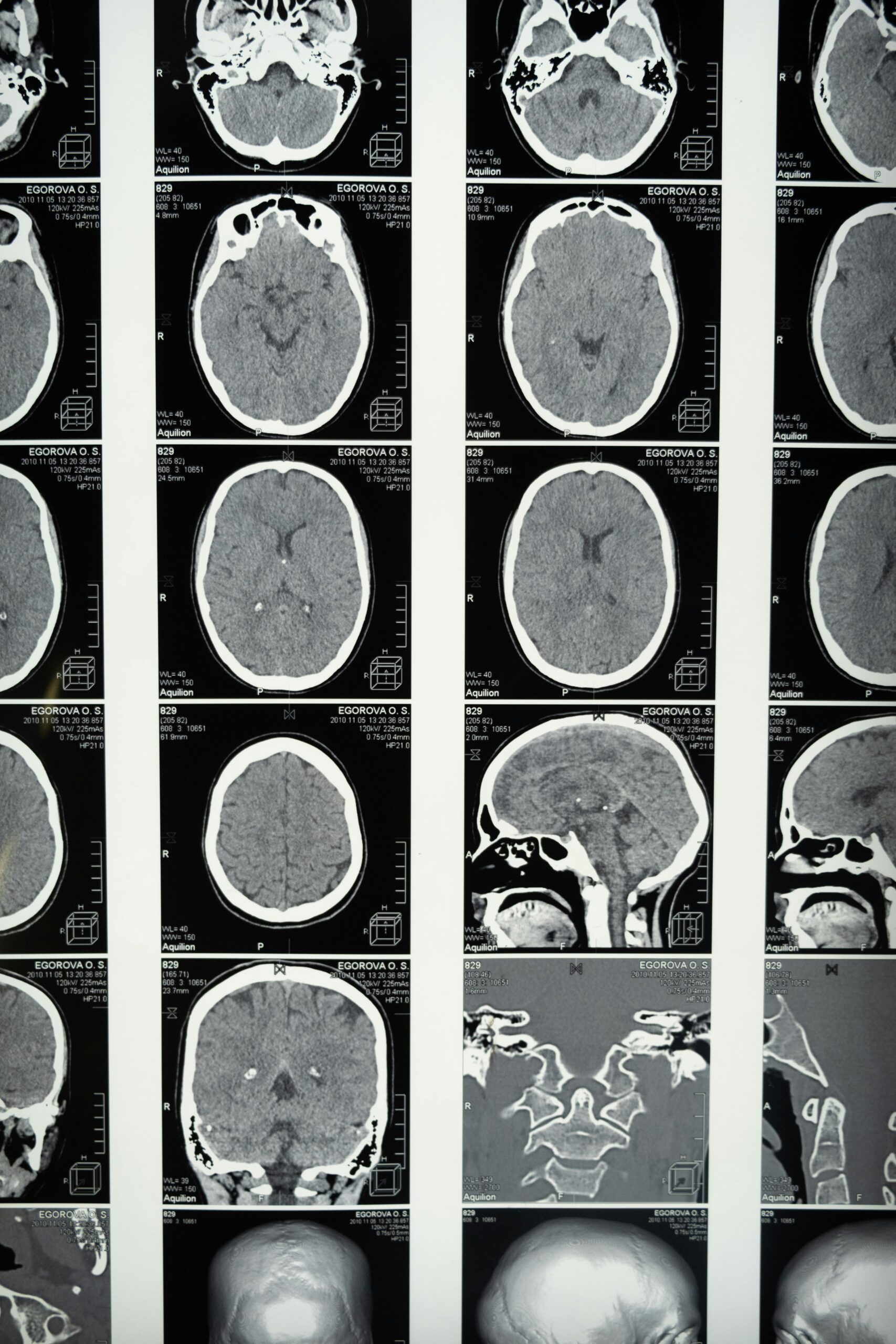-
Short answer: “No, you cannot significantly increase your height naturally after the age of 18–21 for males, and 16–18 for females—”because your growth plates (epiphyseal plates) fuse.“ But let’s go deeper and back it with real science. 🔬 THE SCIENCE: Growth Plates &…
-
Run Fierce, Recover Fast: Nutrition Secrets Every Runner Must Know
What fuels the runner’s build-up phase? Discover the secret nutrition that transforms muscle and miles into unstoppable speed and endurance. Ready to unlock it? The build-up phase — the crucible where endurance grows, speed sharpens, and your body transforms into…
-
Glucose or Ketones? The Surprising Truth About Energy & Fat Loss
When it comes to fueling the human body, glucose and ketones are two primary sources of energy. Each of these metabolic pathways offers unique benefits and implications for health, performance, and weight management. Understanding the differences between glucose and ketone…
-

🏃♂️ Taper or Build? How to Avoid the Biggest Training Mistake
When it comes to optimizing your running performance, one of the most important decisions you’ll make is how to structure your weekly mileage. Whether you’re preparing for a race or building endurance for a long-distance event, understanding the differences between…
-

How to Periodize Your Running for Peak Performance
Want to run faster, farther, and smarter? Then stop winging your training. Periodization is the system elite runners use to peak at exactly the right time — and it’s time you start doing the same. 🧠 What Is Periodization (And Why You…
-

Eating Less But Not Losing Weight? 6 Surprising Reasons Why
Losing weight should be simple in theory: consume fewer calories than you burn, and you’ll lose fat. However, many people struggle with stalled progress despite following a calorie deficit. If you’re eating less but still not losing weight, several factors…
-

Cellular Health & Oxidative Stress: The Hidden Danger You Need to Know
Cellular health is the foundation of overall well-being, as every organ and system in the body relies on the proper functioning of its cells. In recent years, oxidative stress has emerged as a critical factor that affects cellular health and…
-

Fasting & High-Protein Diet: The Ultimate Fat Loss Hack?
🚀 Intermittent fasting (IF) is widely used by athletes to enhance fat loss, endurance, and metabolic health. But if you train hard, you might have questions like: In this blog, we’ll break down the science behind IF for athletes with research-backed evidence and practical strategiesfor optimizing…
-

The Surprising Ways Sports Train Your Brain for Toughness
Sports aren’t just about physical fitness; A 2023 Journal of Applied Psychology study found athletes score 30% higher in stress resilience than non-athletes. Why? Sports don’t just train your body—they rewire your brain. Whether you’re lifting weights or holding a yoga pose,…
-

Running vs. Lifting: What Science Says About Boosting Your Mood
The Science of Sports: How Exercise Affects Your Brain Exercise is not just about building muscles or losing weight—it has a profound impact on brain function and mental well-being. Different types of physical activities trigger unique hormonal responses that influence…
-

What Your Favorite Sport Says About You
Sports aren’t just about fitness; they reveal a lot about your personality, mindset, and even how you handle life’s challenges. Whether you love the intensity of weightlifting, the freedom of running, or the strategy of martial arts, your sport says…
-
Sports and Their Unique Impacts on Hormones and Mood
Ever noticed how different workouts make you feel different? A long run might leave you feeling calm and clear-headed, while a heavy lifting session makes you feel strong and confident. That’s because different sports impact your hormones in unique ways,…
-
The Importance of Running & Hydration: How Electrolytes Fuel Your Performance
Running is one of the most effective ways to boost cardiovascular fitness, burn calories, and build endurance. However, one often overlooked aspect of running performance is hydration. Proper hydration and electrolyte balance are essential to prevent fatigue, maintain stamina, and…
-

PCOS Diets Compared: Find the Best One for Your Health
Polycystic Ovary Syndrome (PCOS) is a hormonal disorder that affects many women, leading to symptoms such as irregular periods, weight gain, acne, and fertility issues. One of the primary concerns with PCOS is insulin resistance, which often worsens symptoms. A…
-
Nutrient Overload: Hidden Dangers & How to Stay Balanced
In the quest for better health, we often focus on getting the right nutrients. Vitamins, minerals, proteins, fats, and carbohydrates all play crucial roles in maintaining our bodies. However, what happens when we consume too much of a good thing?…
-

What are Sub-Concussive Hits in Sparring:EXPLAINED
Sparring is a fundamental aspect of boxing training, where athletes hone their skills, test strategies, and prepare for the intensity of real competition. However, beneath the surface of this controlled combat lies a significant concern—brain health. Even during sparring sessions,…
-

Do You Get a Brain Injury Every Time You Spar in Boxing? Debunking the Myth
Boxing, a sport with a rich history and dedicated fanbase, often comes under scrutiny for its potential impact on athletes’ health, particularly concerning brain injuries. One of the most debated topics is whether sparring in boxing causes a brain injury…
-

Boxing Sparring and Brain Damage: What You Need to Know
Boxing is a high-intensity sport that demands discipline, skill, and resilience. However, its impact on brain health, especially when it comes to sparring, has raised concerns for decades. Sparring, a crucial part of training, is often considered a safer alternative…
-

Hormonal Dominance: Beyond the Basics
Have you ever wondered why some people seem to have a natural advantage in certain areas of health and fitness? The answer might lie in the concept of hormonal dominance. While hormonal balance is essential for overall health, it’s possible…
-
Caffeine and Weight Loss for Athletes
How Caffeine Affects Glycogen Caffeine, a widely consumed stimulant, has significant effects on energy metabolism, particularly concerning glycogen storage and utilization. Here’s how it interacts with glycogen: Glycogen Sparing Effect Caffeine can increase the mobilization of fat stores for energy,…
Join 900+ subscribers
Stay in the loop with everything you need to know.
